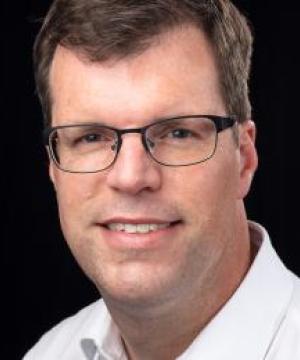
Abstract: Accurately simulating error resilience in quantum computers is currently prohibitively costly. In principle, quantum computations can be simulated much more efficiently in terms of stabilizer states and Clifford operators, which are richly structured, highly overcomplete spanning sets for quantum states and dynamics, respectively. However, finding low cost representations of quantum states and dynamical operators with respect to these overcomplete sets is itself a difficult problem. The only existing approach -- a brute force approach based on semidefinite programming -- is slow and limited to extremely small problems.
In this talk I present a new, heuristic approach to finding low norm (= low simulation cost) expansions of quantum states and operators in terms of stabilizer states and Clifford operators, respectively. Inspired by a constrained optimization method known as Polytope Faces Pursuit, my approach leverages the geometric properties and group structure of these spanning sets to build up a "good" sparse basis for a target quantum state or operator. Preliminary results indicate that this approach is practical and reasonably effective. Refinement of the algorithm and application to larger, scientifically interesting cases is ongoing work.
Speaker’s Bio: Dr. Ryan Bennink leads the Quantum Computational Science Group at Oak Ridge National Laboratory. For the past decade his research interests have focused on developing quantum computational methods and on modeling and simulation of noisy quantum computation. Prior to that, Dr. Bennink developed state-of-the-art entangled photon sources for quantum information science applications. Dr. Bennink has a Ph.D. in optics from the University of Rochester and undergraduate degrees in physics and mathematics. He studied abroad as a Marshall Scholar, was a Sproull Fellow at the University of Rochester, and joined ORNL as a Wigner Fellow in 2004.
Last Updated: January 12, 2024 - 3:24 pm